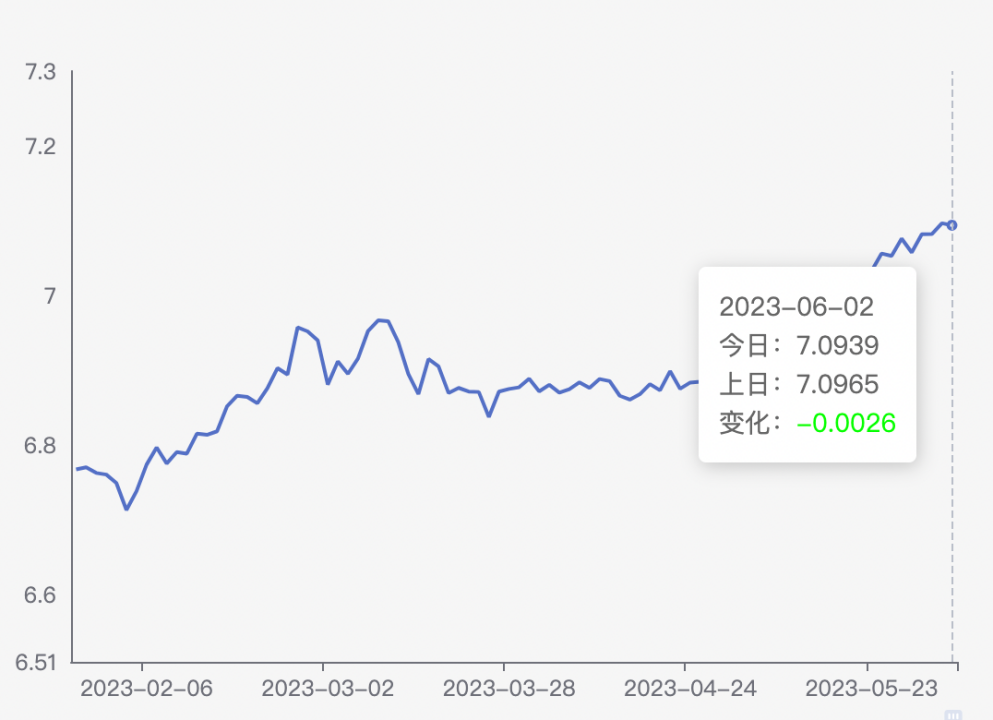Impact of exchange rate changes on ethanol feedstocks
From the RMB exchange rate breaking 7.1 against the US dollar, to the stock market's continuous decline, to the manufacturing PMI continuing to fall month-on-month in May... Discussions about weak market confidence and insufficient effective demand are heating up again. Some people have suggested that since the endogenous driving force of China's economic operation is not yet strong, there is an urgent need for more supportive policies to "add" to boost market confidence and call for the introduction of incremental countercyclical policies; others believe that the stimulating effect of fiscal and monetary policies is already very limited, and the global economic downturn is inevitable. The current macro policy orientation should remain firm and calm. However, no matter what policy orientation is adopted, it is extremely necessary for decision-making departments to strengthen communication with the market and improve the transparency of policy concepts and information, and its importance has become increasingly prominent.

Data source: (People's Bank of China)
Recently, the RMB exchange rate has continued to rise, and China's import costs have increased, which is negative for import trade. Some raw materials for ethanol rely on imports, which will have an impact more or less. Dried cassava mainly comes from Thailand. According to four-month data, Thailand exported 375,200 tons of cassava to China. Export data for May are not available, but based on China's purchase volume, there is a high probability of a decline. The main reasons are that on the one hand, China's ethanol prices continue to weaken, companies are producing at a loss, their enthusiasm for starting work is low, the exchange rate has depreciated, and import costs have increased. Thailand is unwilling to lower prices for sales. Quotes continue to remain, and China's traditional cassava fermented ethanol purchases have decreased. On the other hand, tapioca starch is also in a state of loss, and import sentiment is not high. In addition, the price of wheat in China is not high, and cassava is added to feed.





